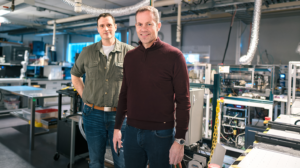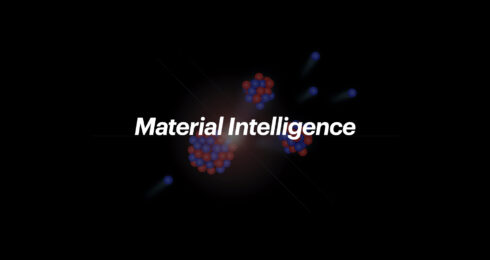The University of British Columbia is home to Project Ada, Canada’s first self-driving lab to fast-track the discovery of clean energy materials.
In 2018, an $8 million Natural Resources Canada grant enabled UBC professors Dr. Curtis Berlinguette and Dr. Jason Hein, along with Dr. Alán Aspuru-Guzik of the University of Toronto, to assemble the AI-driven “Ada”.
Self-driving labs like Ada, think for and work by themselves, combining automation with machine learning to plan, conduct and analyze experiments much faster than humans can. Once the scientist defines the search space and presses “go”, AI plans the experiments for the automated hardware.
The resulting data then informs the design of subsequent experiments in a closed loop. Error correction is built into the process, and results are fed back to the algorithm to prevent a disconnect between what the AI says should happen and what the robot actually delivers.
The first Ada platform consisted of modules linked together to autonomously make and test thin-films for solar cells. “We were able to pivot to explore different materials and applications by reconfiguring and adding new modules to meet the evolving needs of our experiments,” says Blusson QMI Investigator and Professor at UBC Chemistry Dr. Berlinguette. “To date, we’ve focused on making and testing thin-film materials because they’re a key component of basically any clean energy technology.”
Drs. Hein and Berlinguette lead the Vancouver branch of the Acceleration Consortium, which recently received a $200-million grant for self-driving lab development from the Canada First Research Excellence Fund (CFREF). The boost will help researchers at UBC and the University of Toronto to accelerate research translation from early-phase discovery to real-life deployment of new materials and molecules — from life-saving medications and biodegradable plastics to low-carbon cement and renewable energy.
Continue reading via Focus here.

Image: Drs. Jason Hein (left) and Curtis Berlinguette (right) founded Project Ada, the first self-driving lab to combine AI and robotics to accelerate clean energy materials discovery. Image by Si Ming Zheng.


